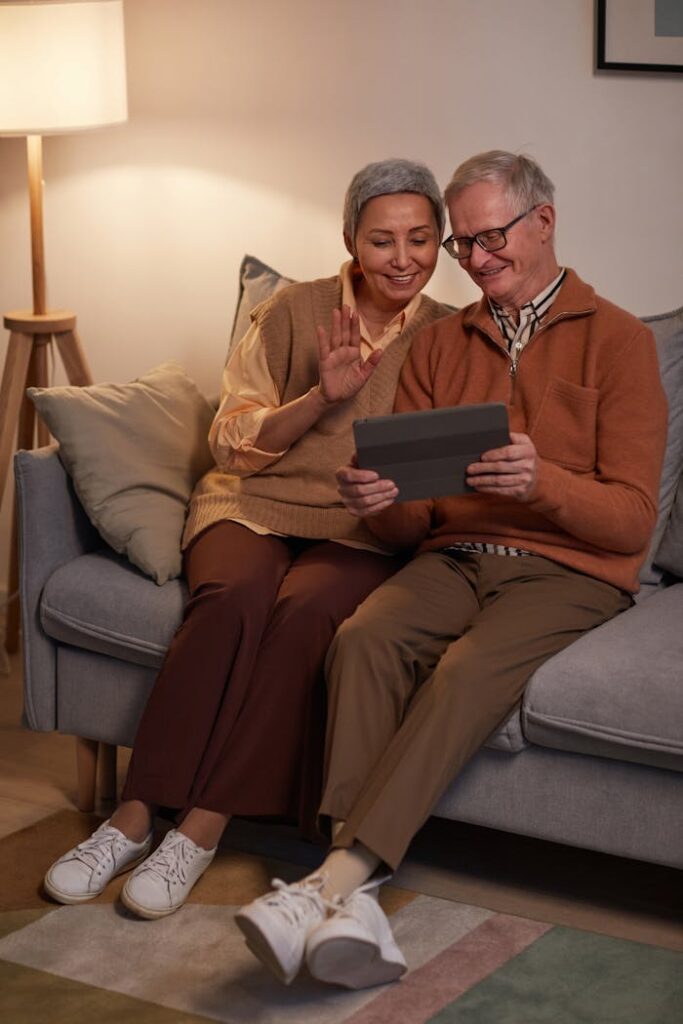Discover why the importance of communication is crucial for healthy relationships. Learn how effective communication strengthens bonds, resolves conflicts, and fosters deeper understanding between partners. Read on to enhance your relationship today!
Understanding the Importance of Communication
Good communication fosters trust, understanding, and intimacy. It allows partners to express their needs, resolve conflicts, and build a deeper connection. Without it, misunderstandings and resentment can build up, leading to unnecessary tension and conflicts.

Tips for Healthy Communication
1. Practice Active Listening
Active listening means fully engaging with what your partner is saying. This involves:
- Maintaining eye contact demonstrates that you are engaged and genuinely interested.
- Allow your partner to complete their thoughts before you respond.
2. Use “I” Statements
“I” statements are a way to express your feelings without blaming or criticizing your partner. For instance:
- Rather than saying, “You never listen to me,” try, “I feel unheard when you look at your phone while I’m talking.”
3. Be Honest and Transparent
Honesty builds trust. Openly share your thoughts and feelings with your partner. If something is bothering you, address it calmly and kindly rather than letting it fester.
4. Avoid Blame and Criticism
Concentrate on the behavior or situation instead of criticizing the person.Constructive feedback is more effective when it’s specific and non-judgmental.
- Instead of saying, “You’re always late and it’s so annoying,” try, “I feel frustrated when we don’t arrive on time.”
5. Show Empathy
Empathy means making an effort to understand your partner’s perspective and emotions. Recognize and validate their feelings, even if you don’t completely agree. Saying things like “I understand why you feel that way” can be highly effective.
6. Set Aside Regular Time to Talk
Busy schedules can lead to communication gaps. Allocate dedicated time for conversations free from distractions.This could be a daily or weekly check-in to discuss your days, share concerns, and make plans.

Addressing Conflicts Constructively
1. Take a Timeout if Needed
If a conversation gets heated, it’s okay to take a break. Agree on a time to revisit the discussion once you both have calmed down.
2. Focus on Solutions
During conflicts, shift the focus from what went wrong to how you can resolve the issue. Work together to find a solution that benefits both of you.
3. Agree to Disagree
It’s important to recognize that you won’t always see eye-to-eye. Agreeing to disagree respectfully can preserve your relationship and prevent unnecessary arguments.
Enhancing Communication Over Time
1. Keep Learning Together
Attend workshops, read books, or watch videos about communication skills together. Continually learning new techniques helps keep your communication strong and effective.
2. Celebrate Small Wins
Acknowledge and celebrate progress in your communication. Recognizing improvement boosts morale and encourages further positive behavior.

3. Seek Professional Help if Needed
If communication problems persist, consider seeking help from a licensed therapist or counselor. They can provide guidance and strategies tailored to your specific relationship dynamics.
Conclusion
Improving communication in relationships takes effort and practice, but the benefits are profound. By actively listening, being honest, expressing yourself constructively, and continuously working on your skills, you can foster a deeper, more fulfilling connection with your partner. Remember, effective communication is an ongoing process, and with patience and commitment, any relationship can thrive.


